Dairy Cattle for Sale
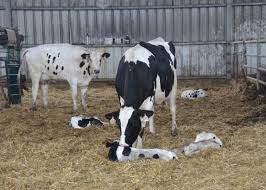
Dairy Catle: We are able to supply best quality calves, pregnant heifers aged 24 to 30 months in Holsteins and Jerseys breeds with high milking output. Beautiful cattle sure to make anyone happy! Good legs and udders . Open heifers, milk bottle fed calves, males and females ages from 2 weeks to 15 months in Holsteins and Jersey breeds as well as other breeds. All our animals are vet checked, certified and all 100% healthy Holsteins Friesian and Jersey Calves for sale
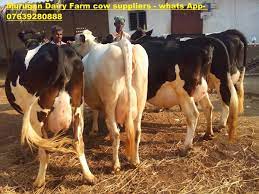 | 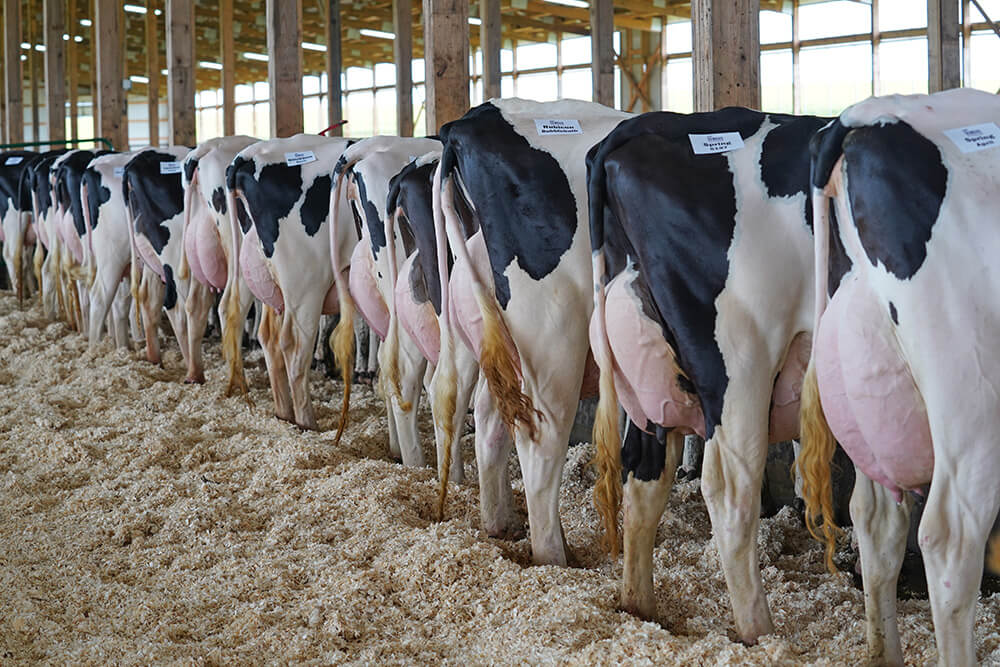 | 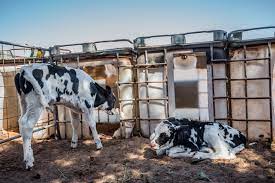 | 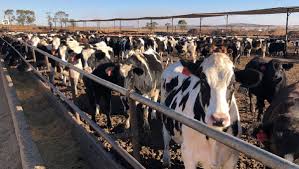 |
Dairy Catle: We are able to supply best quality calves, pregnant heifers aged 24 to 30 months in Holsteins and Jerseys breeds with high milking output. Beautiful cattle sure to make anyone happy! Good legs and udders . Open heifers, milk bottle fed calves, males and females ages from 2 weeks to 15 months in Holsteins and Jersey breeds as well as other breeds. All our animals are vet checked, certified and all 100% healthy Holsteins Friesian and Jersey Calves for sale
Dairy Cattle: Our modern Jersey breed is excelled in dairy type. Breeders in the United States commonly referred to two distinct types of Jerseys in the past, these being the Island and the American; this distinction is not commonly made at present. It should be recalled that this is a different usage of the word “type” than is usually implied and refers to the general size and quality of the animal rather than to its use for dairy purposes. The Island-type Jerseys excelled in refinement and those qualities that were deemed necessary to win in the show ring. Refinement and beauty of such cattle in mature form led to the marked superiority of cattle imported from the island of Jersey or their direct descendants in winning most of the major awards of the American show ring. The so-called American-type Jerseys were noted much more for production than for beauty. Cattle referred to by this description are usually larger, a bit coarser, and have been bred for years for those qualities that suit them for milk and butterfat production. Some have referred to them as the “Farmer’s” Jersey. Usually after two or three generations in the United States in the hands of the ordinary feeder, the refinement of the Island cattle gives way to the larger and less refined American kind.
In recent years there has been less concern about these type variations; no doubt the program of type classification has tended to reduce the extremes. Additional emphasis on milk production and less stress on butterfat production had, no doubt, resulted in general acceptance of Jersey cows with more size and scale
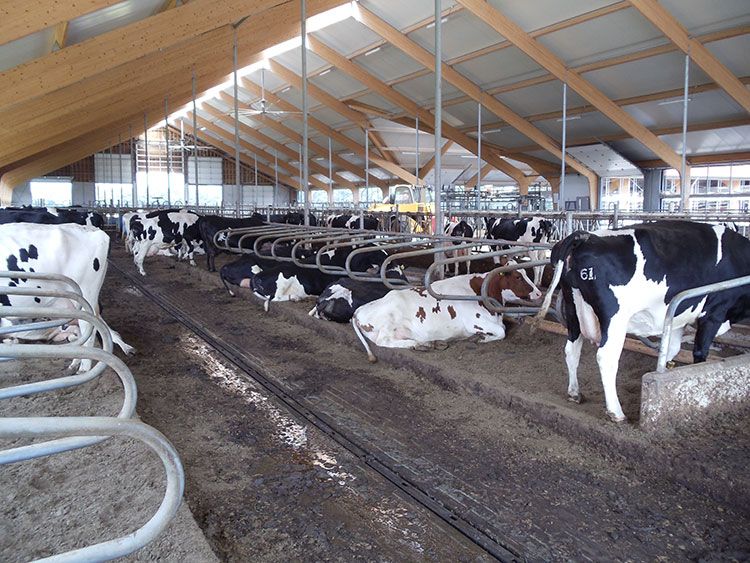 | 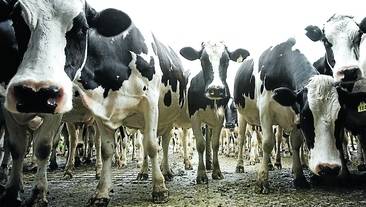 | 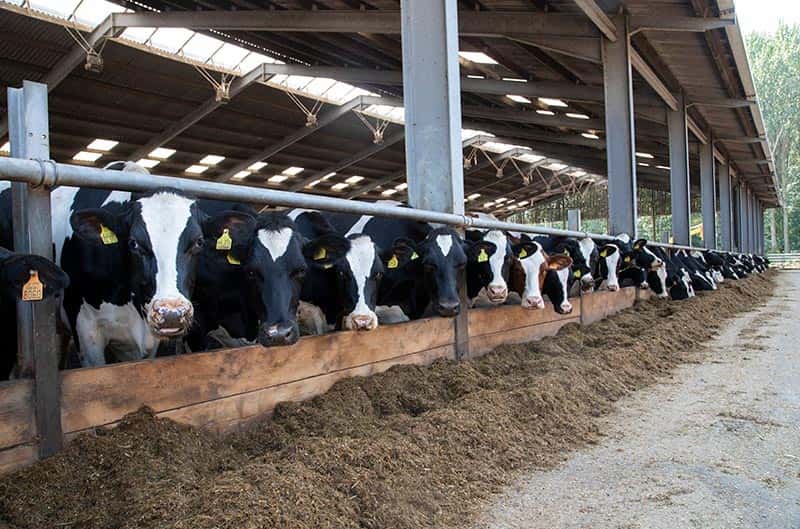 |


